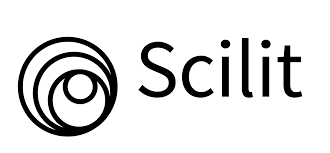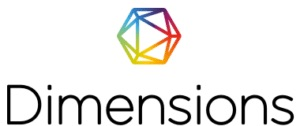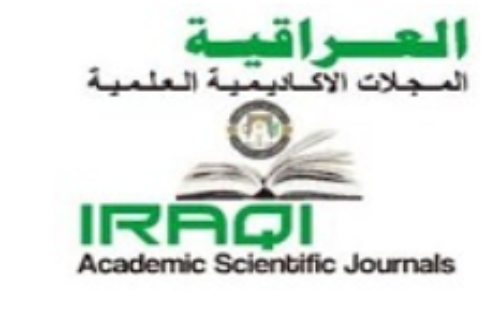Prevalence of Pseudomonas aeruginosa producing Metallo-β- lactamases in wounds and burns infections
DOI:
https://doi.org/10.32792/utq/utjsci/v6i3.34Keywords:
Pseudomonas, Metallo-β- lactamases, wounds, , burns, EDTAAbstract
Metallo β -lactamases (MBLs) producing Pseudomonas aeruginosa have been detected from clinical isolates in worldwide with increase in emergence in the last years . The spread of MBLs positive isolates in a localized hospital environment causes not only a therapeutic problem but as well as a serious concern for infection control handling , hence , this study was aimed to determine the prevalence of P. aeruginosa producing MBLs isolated from some skin infections (wounds and burns). A total of 57 P. aeruginosa were isolated from wounds and burns infections (24 wound swabs and 33 burn swabs) in Al-Hussain Teaching Hospital .Primary screening of carbapenems resistant isolates appeared that 63% (36 isolates) were resistant to imipenem and meropenem .Among the 36 carbapenems resistant isolates that were tested for production MBLs by phenotypic test (CDT)with EDTA inhibitor (as chelating factor ), 34 (94%) were MBLs positive and 59.6% from 57 isolates were positive to MBLs production . MICs values of MBLs producers were higher in imipenem ((≥16-64) μg/ml)) than that in meropenem (( ≥16-32) μg/ml)) . Out of 34 MBLs producer , 24 (72.7%) isolates were founded in specimens of burn swabs , while the wound swabs specimens registered 41.6% . MBLs producing isolates were also tested for antibiotics susceptibility , all isolates (100%)were sensitive to aztreonam and 70.5% to ciprofloxacin . 100% of isolates were resistant to cefoxitin and amoxycillin – clavulanic acid.Downloads
Published
2017-12-19
Issue
Section
Articles
License
Copyright (c) 2019 University of Thi-Qar Journal of Science

This work is licensed under a Creative Commons Attribution 4.0 International License.
How to Cite
N.Abid, . I. ., & Hasan Rhadi, S. . (2017). Prevalence of Pseudomonas aeruginosa producing Metallo-β- lactamases in wounds and burns infections. University of Thi-Qar Journal of Science, 6(3), 58-67. https://doi.org/10.32792/utq/utjsci/v6i3.34












